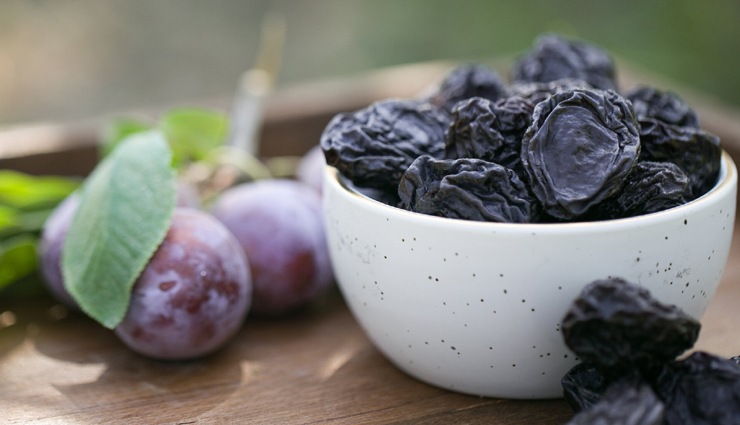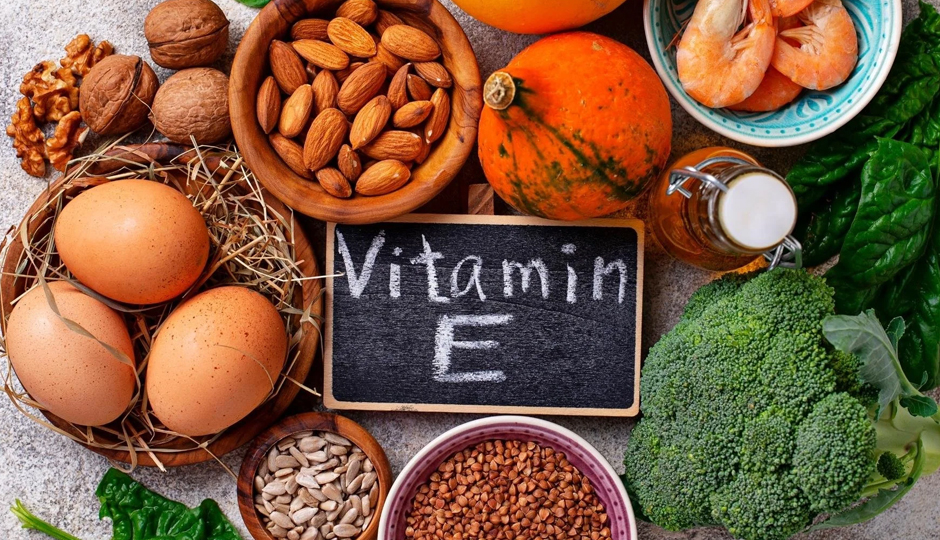- Home›
- Healthy Living›
- The Power Of Prunes: Top 10 Health Benefits You Need To Know
The Power Of Prunes: Top 10 Health Benefits You Need To Know
By: Priyanka Maheshwari Thu, 04 May 2023 5:16:06

Prunes are dried plums that are typically sweet and have a sticky texture. They are a nutritious and delicious fruit that has been enjoyed for centuries. Prunes are rich in several vitamins and minerals, including fiber, potassium, vitamin K, and vitamin C, which makes them a healthy addition to any diet. Here are some key facts about prunes:
- Prunes are rich in fiber, with just one serving providing about 12% of the recommended daily intake. Fiber is important for maintaining digestive health, preventing constipation, and promoting feelings of fullness.
- Prunes are high in potassium, a mineral that helps to regulate blood pressure and prevent the loss of calcium from bones. Potassium is also important for maintaining proper muscle and nerve function.
- Prunes are a good source of vitamin K, which is essential for blood clotting and bone health. Vitamin K helps to increase bone density and reduce the risk of fractures and osteoporosis.
- Prunes are rich in antioxidants, which are compounds that help to protect the body against damage from harmful molecules known as free radicals. Antioxidants can help to prevent chronic diseases such as cancer, heart disease, and Alzheimer's disease.
- Prunes have a low glycemic index, which means that they do not cause a rapid increase in blood sugar levels. This makes them a good food choice for people with diabetes or those trying to manage their blood sugar levels.
- Prunes are a versatile food that can be eaten on their own as a snack, added to salads or oatmeal, or used in baking. They are also a popular ingredient in many Middle Eastern and Mediterranean dishes.
- Prunes have a long shelf life and can be stored in a cool, dry place for several months. They are a convenient and healthy snack option that can be easily packed for on-the-go snacking.
In this article, we will discuss 10 health benefits of eating prunes:

Good for Digestive Health
Prunes are a good source of fiber, which is essential for maintaining digestive health. Fiber helps to promote regular bowel movements, prevent constipation, and promote the growth of healthy gut bacteria. Prunes are particularly effective at relieving constipation due to their high content of sorbitol, a natural laxative.

Rich in Antioxidants
Prunes are rich in antioxidants, which are compounds that help to protect the body against damage from harmful molecules known as free radicals. Antioxidants can help to prevent chronic diseases such as cancer, heart disease, and Alzheimer's disease.

Promotes Bone Health
Prunes are an excellent source of potassium, magnesium, and vitamin K, all of which are essential for maintaining strong bones. Potassium helps to prevent the loss of calcium from bones, while magnesium and vitamin K help to increase bone density and reduce the risk of osteoporosis.

Lowers Blood Pressure
Prunes contain several nutrients that can help to lower blood pressure, including potassium, magnesium, and fiber. Studies have shown that consuming prunes can help to lower both systolic and diastolic blood pressure.

Supports Heart Health
Prunes are a good source of dietary fiber, which has been shown to lower cholesterol levels in the blood. High levels of cholesterol can increase the risk of heart disease, so consuming prunes as part of a healthy diet may help to promote heart health.

Reduces Inflammation
Prunes contain several compounds that have anti-inflammatory properties, including polyphenols and vitamin C. Inflammation is linked to many chronic diseases, including arthritis, cancer, and heart disease, so consuming prunes may help to reduce the risk of these conditions.

Boosts Immune System
Prunes are rich in vitamin C, which is essential for maintaining a healthy immune system. Vitamin C helps to stimulate the production of white blood cells, which are responsible for fighting off infections and diseases.
May Improve Cognitive Function
Prunes are a good source of vitamin K, which has been shown to improve cognitive function and reduce the risk of cognitive decline. Additionally, the polyphenols found in prunes may also help to protect against age-related cognitive decline.

Regulates Blood Sugar
Prunes have a low glycemic index, which means that they do not cause a rapid increase in blood sugar levels. This makes them a good food choice for people with diabetes or those trying to manage their blood sugar levels.

Supports Weight Loss
Prunes are low in calories and high in fiber, which can help to promote feelings of fullness and reduce overall calorie intake. Consuming prunes as part of a healthy diet may therefore help to support weight loss.





